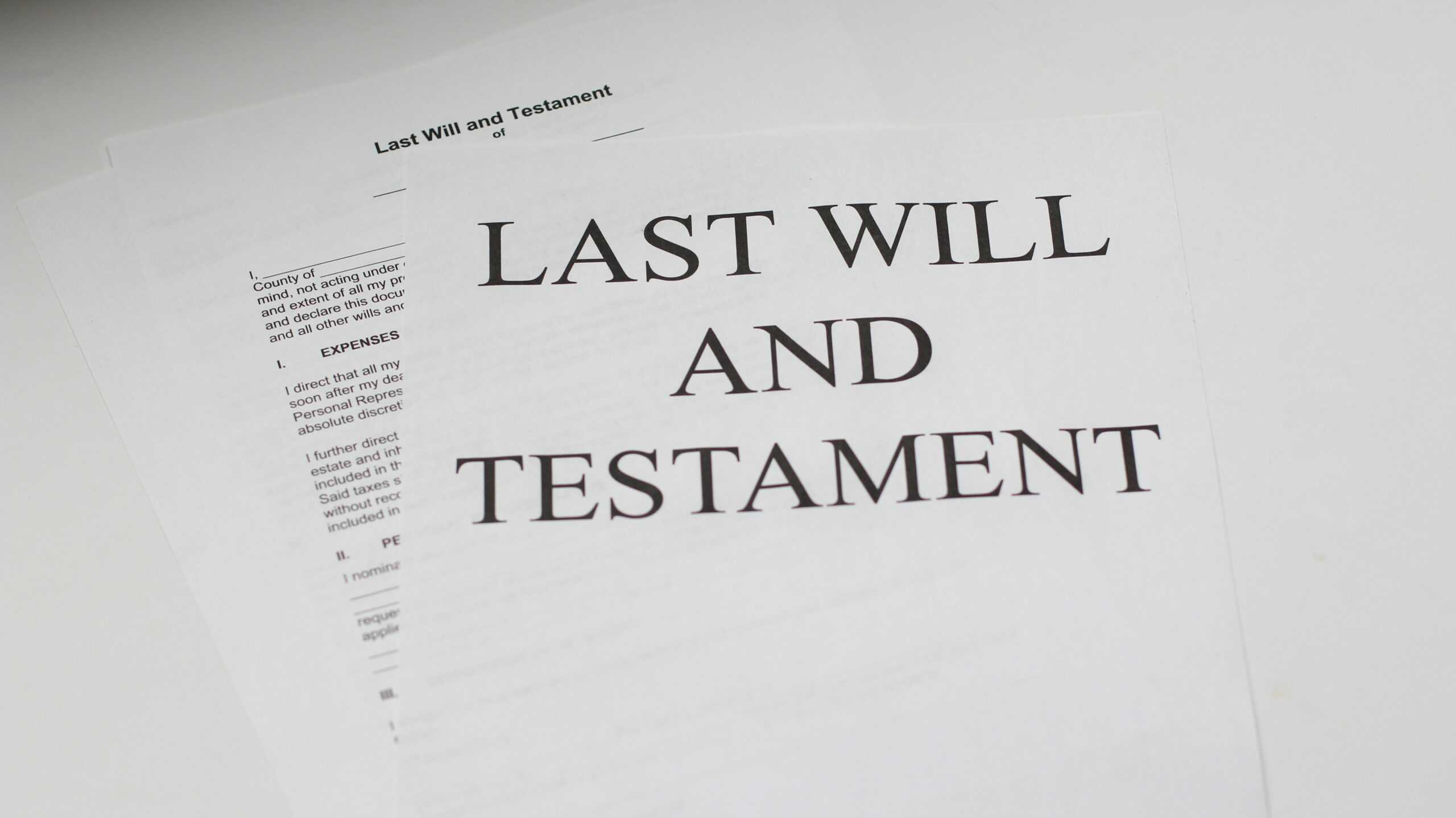Probate is the process by which the affairs of a deceased are wound up. When a deceased person owns property, many times we have to put their estate through probate in order for a judge to convey the property to a person who is alive and well and able to sell. The court will identify a decedent’s heirs or beneficiaries and then sign an order that conveys the property to the heirs or requires or allows the sale of the property.
During the probate process, the courts will gather assets and protect/preserve them, pay all last debts, pay last taxes, and finally distribute assets based on desires of the deceased (testate) or according to state law (intestate).
Probate starts with filing a petition with a court asking for a decedent’s estate to be administered. Any interested party may petition for an estate to be administered. An interested party is any person who may reasonably be expected to be affected by the outcome of the estate proceeding.
If the property was not properly set into a life estate or a Trust before the deceased passes away, probate is still needed to release the assets to the beneficiaries, whether there was a Will or not. The probate will either be testate or intestate.
Testate is where the person passes away and they had a will. The primary focus of the court process for this type of probate is to identify that there is a will, that it is properly signed, and that heirs are notified. Once these steps are complete, it is admitted to probate and the creditors are notified, beginning the administration period that primarily makes sure creditors are paid before the assets are distributed.
Intestate is where the person passes away without a will. The primary focus of the court process for this type of probate is to determine who the beneficiaries are and go through the creditor process before the property can be transferred.
There are also a few types of probate administration, which can affect how long it takes for probate to be completed. The two main types of probate administration are summary and formal administration.
Summary Administration
The summary administration is for any estate where the non-exempt property is under $75,000. Certain assets are considered exempt assets in probate, which means they can’t be forced to be sold to pay creditors. This includes the homestead if it is going to an heir (blood relative), car, and personal property. So any assets beyond those that are non-exempt would need to be under 75,000 dollars for you to go through the summary administration process. This type of probate administration can be fairly quick.
Formal Administration
The formal administration is for any estate where the non-exempt property exceeds $75,000. This type of probate administration does take longer to go through the whole process, which can be anywhere from 3 to 6 months.
Want more information on probate? Listen to our recent podcast episode that dives further into the different processes affiliated with probate.

